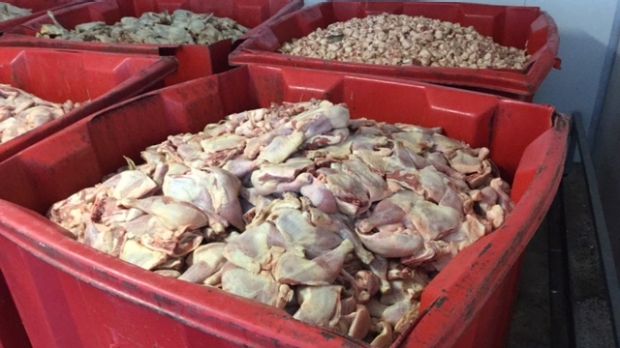NSW "Name and Shame" identifies poor food safety standards

The NSW Food Authority’s "Name and Shame" register, now in its ninth year, has identified parts of Sydney that have the most venues breaching food laws.
According to the register, the municipalities of Blacktown, Canterbury-Bankstown and Parramatta have suffered the greatest number of NSW food safety law breaches over the past month.
Breaches include failing to prevent pests, leaving food open to contamination and neglecting to adequately clean and maintain equipment.
The register shows a number of common food safety breaches in the past financial year.
Breaches involved cleanliness of food premises (21 per cent), storage and temperature control (16 per cent), pest control (13 per cent), hygiene of food handlers (13 per cent) and cleanliness of fixtures, fittings and equipment (12 per cent).
The record shows that 22 businesses were the subject of 35 food safety offences in the three municipalities.
“Blacktown, Canterbury-Bankstown and Parramatta are some of the three biggest local government areas in NSW, with more than 4200 food business," Ben Lees, NSW Food Authority food regulation executive officer told Good Food.
Add to that the 54 businesses that were the subject of 82 offences in council areas including Mosman, Liverpool, Fairfield, Central Coast and Willoughby.
Most of the culprits were small lesser known bakeries, seafood stores and restaurants.
But there were some big names there. Like for example Dominos Pizza in Mosman, Bakers Delight in Artarmon, and Gloria Jeans in Strathfield.
Still, there are signs venues are getting the message.
In 2009, 3.4 per cent of food businesses appeared on the "Name and Shame" register.
But in the past three years, the figure has come in at less than 2 per cent, with an average of 1567 penalties consistently issued each year.
NSW Minister for Primary Industries Niall Blair said the register was all about providing confidence and certainty for consumers when they were choosing where to dine.
Just as consumers are becoming increasingly interested in the provenance of their food, they are also demanding to know that this food is being safely prepared and served," Mr Blair told Good Food.
by Leon Gettler, July 18th 2017







